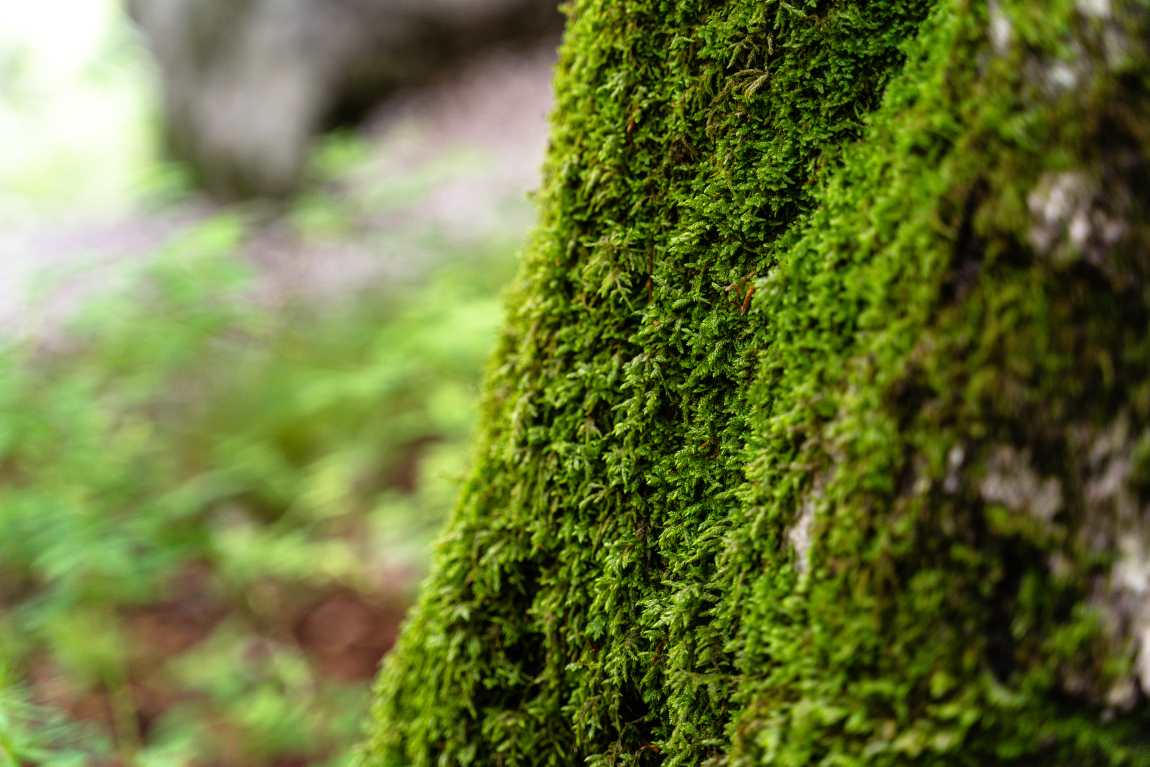Through a 20-year experiment, investigators have shown how different trees adjust their strategies for acquiring nutrients through their roots as soil warms with climate change.
The research, which is published in Global Change Biology, included trees that associate with different fungi that help roots absorb nutrients. Measurements showed that when exposed to warmer soils, oak trees associated with ectomycorrhizal fungi reduce interactions with soil microbes while increasing fine root exploration, whereas maple trees that associate with arbuscular mycorrhizal largely maintain their belowground patterns.
The findings suggest that the root systems of arbuscular mycorrhizal trees may not need to adjust their belowground foraging strategies as much as ectomycorrhizal trees to remain competitive as global temperatures rise.
“The structure of future forests under global warming will probably be influenced by the ability of tree roots and their fungal partners to compete belowground in warmer soils,” said corresponding author Nikhil R. Chari, a PhD student at Harvard University.
Journal Reference:
Nikhil R. Chari, Thomas J. Muratore, Serita D. Frey, Cristina L. Winters, Gabriela Martinez, Benton N. Taylor, ‘Long-Term Soil Warming Drives Different Belowground Responses in Arbuscular Mycorrhizal and Ectomycorrhizal Trees’, Global Change Biology 30, 11, e17550 (2024). DOI: 10.1111/gcb.17550
Article Source:
Press Release/Material by Wiley
Featured image credit: wirestock | Freepik




